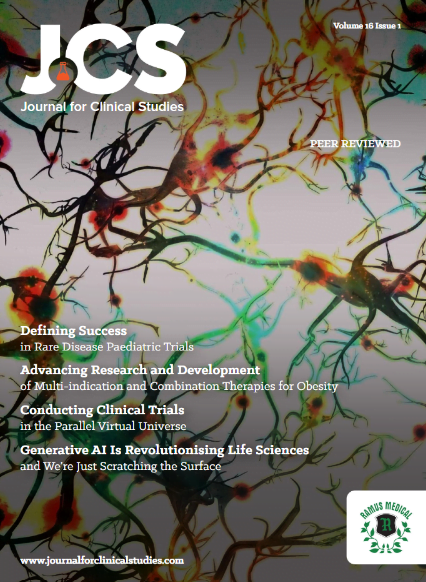As regulatory Agencies around the world continue to refine and update their requirements, artificial intelligence (AI) can help Life Sciences companies increase their chances of new products being accepted promptly. ArisGlobal’s Agnes Cwienczek & Renato Rjavec describe how AI, and Generative AI in particular, are distilling insights from regulatory exchanges and harnessing the latest global Regulatory intelligence to anticipate and respond to Agency requirements.
As life sciences companies’ investments in Regulatory data capture, enrichment and exchange continue to rise in line with Agency mandates, the potential scope for artificial intelligence (AI) and Generative AI, in particular, seems limitless in its promise to transform labour-intensive processes while maintaining high accuracy. But where could this technology deliver tangible everyday benefits?
One emerging example is in capturing, searching and distilling insights from across companies’ global regulatory exchanges, going back several years. Here, Regulatory Affairs teams are able to pre-empt Agency queries in their initial submissions and/or when trying to provide consistent replies to questions globally – thereby increasing their chances of new products or clinical trials, or changes thereto, being accepted quickly, and first time. Another is in making prompter and more value-added use of Regulatory intelligence. That’s as Agencies around the world continue to refine and update their requirements, with a bearing on development, marketing approval application and license maintenance processes. These highly tangible use cases, which are characterised by intense work volumes, are already being transformed by AI today.
In the case of Agency queries and information exchanges, all Life Sciences companies must capture and process a high volume of interactions around the world, as follow-ups to initial authorisation applications or as part of registration maintenance. Additional or updated information may be required, concerns might be raised, or the query might seek specific clarification, for instance.
Tracking Agency Interactions
Keeping track of these interactions, wherever they might take place across the global organisation, can be a logistical challenge. Correspondence could come in different formats and languages, and be channelled via email, web form, letter, or phone call. If local affiliates are involved, those stakeholders may be juggling query resolution alongside a host of other regulatory tasks, so the manual intake and processing of each Agency enquiry presents a significant burden for them. Given that there is only a short window to respond to Agency queries, potential administrative backlogs can present a risk to authorisation.















